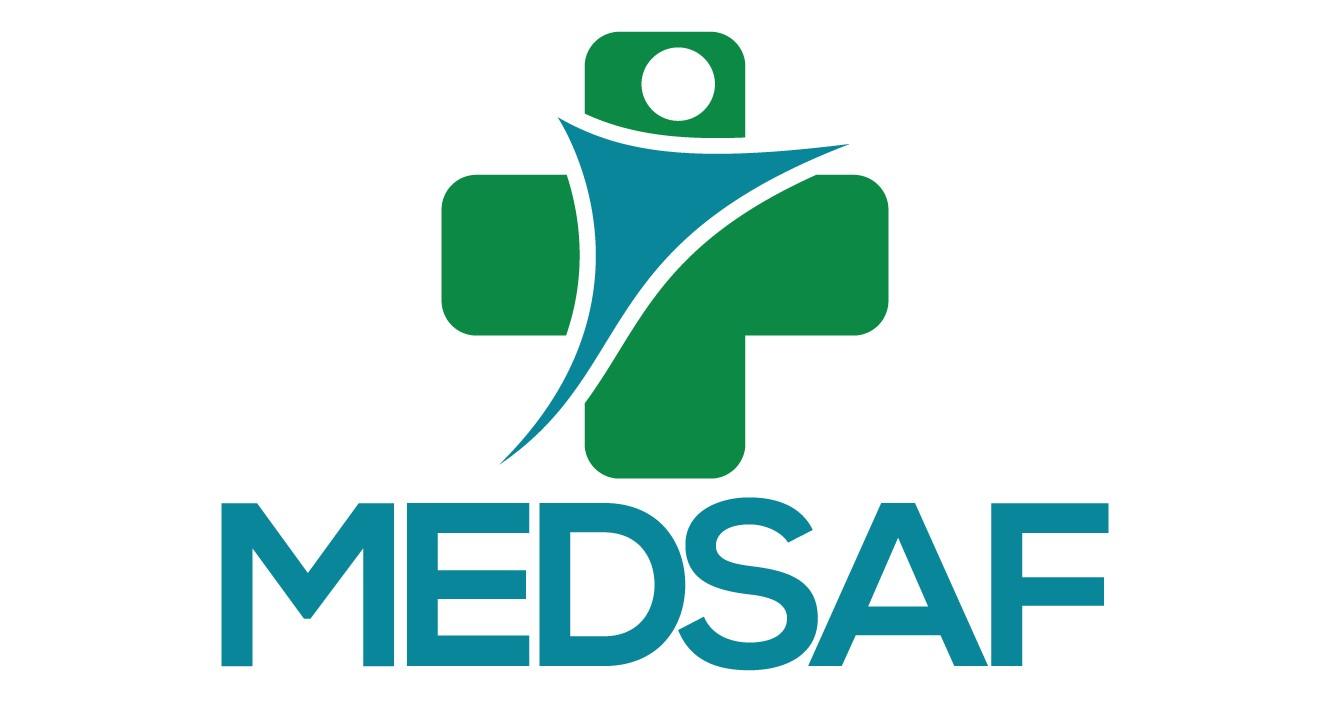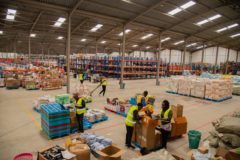Through their lawyers, the Nigerian health tech startup, Medsaf, on Friday, July 7, 2023, sent TechCabal a “cease and desist” letter, requesting that our story on Medsaf, published earlier that same day, be taken down. Our story contains allegations that Medsaf employees were owed salaries for months and another allegation of financial misappropriation. We stand by our reporting and have found no instances of material errors, misrepresentations, falsehoods, or malice in our article. We have responded in detail below, clarifying some of the claims made by Medsaf lawyers via email and some claims made by the company’s CEO on LinkedIn.
TechCabal’s story on Medsaf alleges that several of the company’s employees were owed salaries from December 2022 until they were laid off in March 2023. We established and corroborated the allegations by speaking to several former employees at Medsaf. TechCabal was also privy to internal correspondence where company officials clearly stated that outstanding salaries for the same period would eventually be paid. Several former employees said that they had still not been paid at the time of our report. TechCabal has seen emails between other employees and the company’s management where employees asked about their outstanding salaries. We’ve also seen correspondence that asked questions about Medsaf’s finances, leading us to publish the allegation by a senior executive of financial misappropriation.
TechCabal contacted Medsaf via email to establish a right of response. A right of response is a time-honoured ethical guardrail that mandates that all sides are heard and their views considered before an article is published. While we initially asked that a response be shared in three hours, we quickly remedied that, affirming to Medsaf that we would not publish the story until they shared their perspective and giving them more time to respond. Medsaf emailed TechCabal, sending four emails addressing some of the issues and providing rebuttals. Those responses are contained in our story.
Following our email exchange, TechCabal requested a phone call with the company to allow a fuller response to allegations that had not been addressed in the email exchange. On that call, Medsaf’s CEO did not address the substance of the allegations and was instead verbally abusive towards TechCabal’s reporter, swearing repeatedly, threatening legal action and explaining that she only does ‘this work’ for people like the reporter.
As a result, we sent another email to Medsaf, outlining the allegations, asking for a proper response or rebuttal and affirming that we were willing to wait for a proper response before publishing. Medsaf declined and said any further responses would come from their lawyers. 24 hours after the beginning of our official engagement with Medsaf, our article was published. With all weighty stories, we will always give our subjects time to respond and insist on sharing their perspective. However, when subjects choose not to respond, we will publish the facts as we know them.
It is important to note that Medsaf’s response is far too frequently the approach taken by business leaders when faced with possibly negative stories. Rather than engaging the substance of the allegations, they make the media the story. Medsaf had the opportunity to engage in good faith to respond to weighty allegations but chose invective, threats, spurious legal action and finally, an appeal to public sentiment that suggests that they are the victim here, not their unpaid employees or investors that might want clarity on claims of financial impropriety.
We are frequently asked why we publish these stories of struggling companies, layoffs, scandals and financial improprieties, especially in a young ecosystem still primarily funded by foreign capital. Are we not shooting ourselves in the foot? In response, we note that TechCabal has been one of the leading publications telling the African tech story in all its glory for over a decade. Our coverage has showcased the best of African tech to the world, made heroes of founders and builders on the continent, become a critical reference point for investors globally and ensured that there is not any doubt that there is a serious and worthwhile startup and tech industry in Africa that is worth investing in. We’re optimistic about the impact of technology and technology companies in Africa and are cheerleaders for the growth of what we believe is a critical economic engine for the continent.
That being said, we recognize the importance of accountability in building a strong ecosystem. That accountability extends to employees, investors, customers and the broad public. Investors want to know when their funds are misappropriated or a business model has gone awry; customers want to know when a company is cutting corners on safety or the security of their information, employees want to be protected from mistreatment, new founders want to know what errors those who came before them made and the general public wants to understand the impact of these businesses and technologies that change their lives so rapidly. Without the accountability the press provides, the worst impulses within the ecosystem will grow unchecked; bad news will stay hidden for longer, and all stakeholders will find the industry harder to trust. We don’t tell these stories because they are salacious. We tell them because they are important.
We stand by our story, our methods and restate our commitment to fairness, balance and honesty in our journalism. We also restate that we will continue to honour the ethical demand of providing all subjects of our stories a right to respond and will always engage our subjects, however long it takes until all parties are satisfied that their views and perspectives have been heard.




















